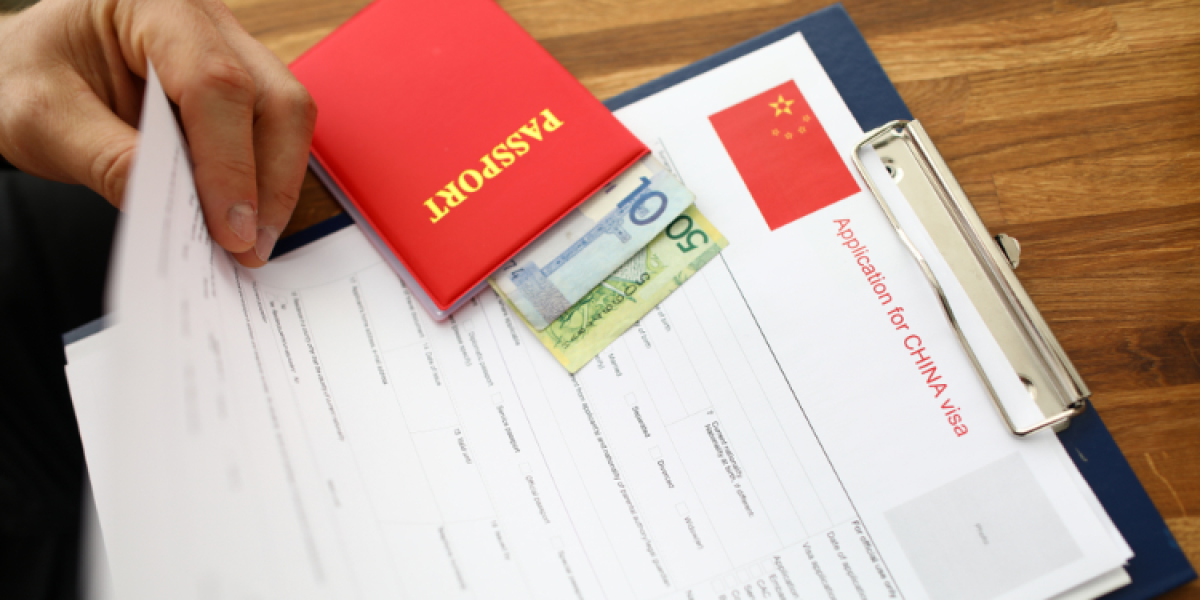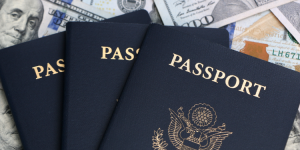
Since Wednesday, March 15, China has officially reopened completely to the world. The country has indeed resumed issuing all types of visas, including tourist visas. This is a relief for the people concerned and for all prospective expats to China. It can be considered a strong signal sent by Beijing to the rest of the world, but should we expect a massive comeback of expats in China?
Visa issuance resumes in China
It's indeed a big green light from Chinese authorities. On March 15, the country resumed issuing all types of visas. This was a long-awaited step for expatriates who had to deal with Beijing's many restrictions.
The measure extends to port visas, multi-year multiple-entry visas, as well as visa exemptions. Multi-year, multiple-entry visas issued by the Chinese government before March 28, 2020, will be valid again. Tourists from ASEAN (Association of Southeast Asian Nations) can enjoy visa exemption again. The same will apply to foreigners wishing to visit the Chinese island of Hainan and to cruise ship passengers transiting through Shanghai. Foreigners wanting to travel to the Guangdong region from Hong Kong and Macao are also exempt from visa requirements. Guangdong, located in the south of the country, is one of the most populated regions in China.
New hopes after 3 years of harsh restrictions
After three long years of restrictions, China is moving on. While other countries have gradually lifted their anti-Covid measures, China remained one of the only countries to maintain a strict and unpopular zero-COVID policy. According to the WHO, between 2020 and 2021, COVID caused the death of 13.3 to 16.6 million people in China. The exhausted Chinese population did not hesitate to protest.
It all started in March 2020 when COVID-19 crippled the entire world. At that time, a global state of emergency was declared in the face of a new, unknown virus that was spreading at an alarming rate. The world shut down, and China implemented the zero COVID policy. For Chinese authorities, it was all about wiping out the virus at all costs. As soon as new cases appeared, drastic contact tracing and untimely tests were performed on entire populations. Massive lockdowns and isolation camps became the norm for most citizens. China was one of many countries that opted for this strategy. New Zealand, Australia and Taiwan also did.
The Chinese Zero COVID policy
Despite this strict policy, the measures implemented did not hold up to the more contagious variants of the virus. Although overwhelmed by the Delta variant, Australia and New Zealand decided to end their zero COVID policy, followed by other countries. On the other hand, China maintained its zero-COVID policy, which came at a high cost. Once again, the population was subjected to multiple tests and lockdowns, while locals and expatriates expressed dismay. At the end of March 2022, the strict lockdown in Shanghai, a city of 25 million inhabitants, triggered a wave of emotion and indignation. In November, unprecedented demonstrations brought together thousands of angry residents. They all demanded the end of the zero-COVID policy, and the resignation of Chinese President Xi Jinping.
Xi Jinping reacted to these crowd protests and responded. On December 7, he suddenly and surprisingly relaxed the zero-COVID policy. But this decision was beyond comprehension for the scientists who had been calling for gradual relaxation. As a result, Covid cases exploded, but the blame was put on Chinese vaccines, which were considered ineffective against the COVID variants. It was no longer the fault of the grumbling citizens who blamed their government for refusing to accept vaccines other than their own. On January 8, 2023, and despite the new waves of contamination, China (which no longer publishes its Covid figures) reopened its borders.
Expats' resentment
Some expatriates were allowed to return to China before 2023. By August 2022, Beijing had relaxed rules for international students and business travelers. But the recovery was slow and sluggish. China resumed issuing student visas to only a handful of countries, including Pakistan, Japan, and France. Business travelers holding the APEC (Asia-Pacific Economic Cooperation) business travel card were exempted from visa requirements. This was a giant step for foreign travelers.
But the pill was still hard to swallow. In March 2020, many expatriates found themselves stranded at the gates of China, unable to enter the country despite a valid visa. The borders were closed, and no viable solution was proposed. Some expatriates thought that the wait would only be temporary and kept waiting, but years passed, and nothing changed. Students, employees and entrepreneurs saw their projects in China reduced to nothing, and for them, the Chinese adventure had ended with the health crisis.
According to the local newspaper, That's Shanghai, 85% of foreigners have considered rethinking their immigration plans to China because of the zero Covid policy. The newspaper published its survey results while the city was under the most stringent lockdown. However, it's worth noting that the decline in the number of expatriates in China did not begin with the health crisis. In 2020, authorities counted just over 163,000 foreigners living in Shanghai, while in 2010, the city was home to over 200,000 expats. A few years before COVID, companies operating in China were already reducing their reliance on foreign workers, preferring to rely on increasingly skilled locals. But back then, the country needed foreign talent.
Can tourism rescue China's economic growth?
"China is back reissuing all visas. Come to China." That's the message Beijing wants to convey. In recent times, China has become more renowned not for its opportunities for foreigners but for its strict restrictions on its population, but the Chinese president is looking to change this image.
According to the World Bank, China's GDP will only grow by 2.7% in 2022, far behind the estimated 4.3%. This year, growth is expected to only reach 4.3%, far again, from the 8.1% estimate. Realistically, Beijing is looking at a 5% growth, but newly nominated Premier Li Qiang concedes that reaching this target will be very difficult. Industry is at half-mast, real estate prices are skyrocketing, the country is entangled in the economic crisis, and growth is threatened. Under these conditions, China needs to reconnect with international trade more than ever.
The first expected figures are those of tourism, the first lever to boost growth for the Chinese authorities. In 2019, 65.7 million foreigners visited China, according to the United Nations World Tourism Organization. But how prospective expats will respond to this reopening is yet to be seen.
Useful links:



















